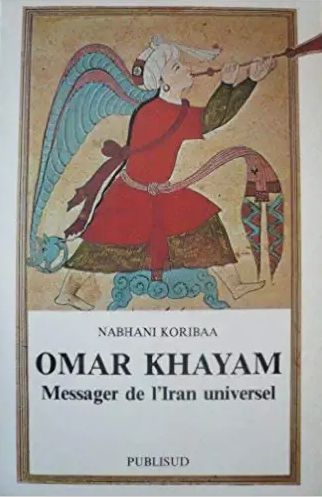Vernacularizing Rubaiyat: the politics of Madhushala in the context of the Indian nationalism. A. Castaing.
In: The great ‘Umar Khayyám. Leiden, Leiden University Press, 2012. pp. 215–232.
Anne Castaing shows the influence of Khayyám on the young Hindi poet Harivansh Rai Bacchan (1907-2003), who translated the quatrains into Hindi under the title of Umar khayyám kī Madhuśálá (“Omar Khayyám’s House of Wine”). Bacchan wrote his own collection of quatrains entitled Madhuśálá (“The house of wine,” 1935) that deals with the same motifs and symbolism and are interpreted as an “allegory of poetic creation, homeland, universe, love etc., with wine and intoxication symbolising the duality of existence, both sweet and bitter.” By using themes and motifs from Khayyám’s poetry, Bacchan readdresses the questions of orthodoxy versus free thinking, hierarchy of being and man’s place in the universe.
